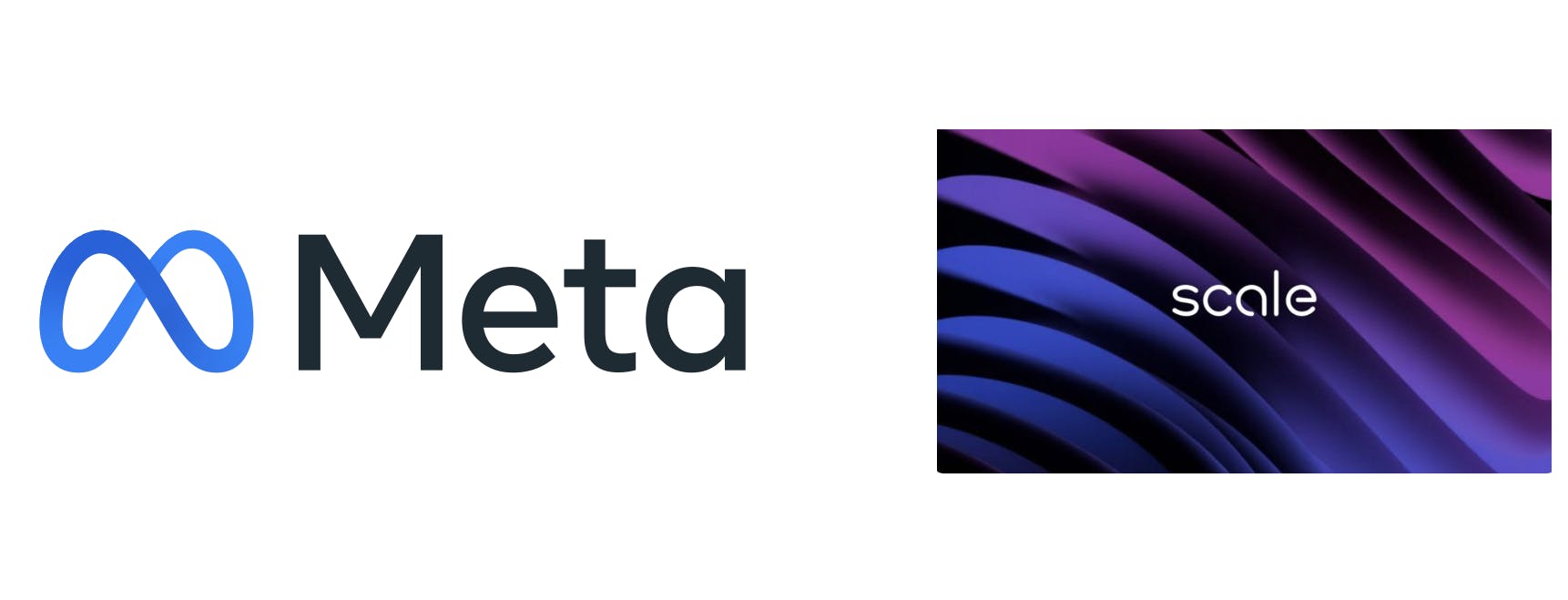Meta sure knows how to roil an entire industry. Its $14.3 billion investment in Scale AI has intensified an ongoing discussion about AI data quality and trust—sometimes in ways that reflect poorly on Meta and Scale, but undeniably in ways that matter.
The investment, announced in June 2025, granted Meta a 49% non-voting stake in the AI data labeling startup while
Within days, major clients including Google, OpenAI, and xAI began severing ties with Scale AI, triggering what one competitor described as “
The fallout has brought renewed focus to two critical areas shaping the future of AI development: the trust infrastructure that supports partnerships and the growing need for high-quality training data.
An Imperative for Trust in AI Development
Scale had built its valuation on a simple but powerful proposition: serve as a neutral arbiter in the data labeling market, providing services to virtually every major AI lab without playing favorites. That neutrality was Scale’s most valuable asset, allowing companies like Google, OpenAI, and Microsoft to outsource critical data preparation work without worrying about competitive intelligence leaking to rivals.
Meta’s investment shattered that trust overnight. As Garrett Lord, CEO of Scale competitor Handshake,
A client exodus was swift and decisive. Google, Scale’s largest customer with plans to spend approximately $200 million on Scale’s services in 2025,
But the trust crisis ran deeper than competitive concerns. Business Insider’s subsequent investigation revealed that Scale AI
The security lapses extended to Scale’s workforce, with public documents containing private email addresses of thousands of contractors, wage information, and performance evaluations—including lists of workers suspected of “cheating.” Cybersecurity experts described Scale’s practices as “extremely unreliable,” warning that such vulnerabilities could expose both the company and its clients to various forms of cyberattacks.
Scale responded by vowing to conduct a thorough investigation and disable public document sharing, but the damage had been done.
The Data Quality Challenge
While trust dominated headlines, the Meta-Scale deal spotlighted an even more fundamental challenge: the growing scarcity of high-quality training data that threatens to constrain AI development. Meta’s willingness to pay $14.3 billion for Scale was about securing access to what has become AI’s most precious resource.
The data quality crisis is both quantitative and qualitative. Research by Epoch AI indicates that the
The proliferation of synthetic content creates a vicious cycle. AI models trained on AI-generated data suffer from what researchers call
The solution is to rely on subject matter experts who apply their knowledge to train and quality check AI applications. For example, AI models in healthcare need the deep insights that reside inside the minds of industry practitioners. Those practitioners, in turn, need to be taught how to prompt large language models in order to train them. You just don’t find experts off the shelf. They must be sourced.
Scale AI’s business model was built on solving these challenges through a global network of over 240,000 contractors who manually annotate images, texts, and videos. But the company’s internal documents revealed quality control problems that extended beyond security breaches. Scale struggled with “spammy behavior” from unqualified contributors, with project logs showing efforts to clamp down on contractors who submitted “
The pressure to serve major clients during the post-ChatGPT AI boom led to compromises in quality control. Programs meant to be staffed exclusively by experts became “flooded with spam,” according to internal documents. Even when projects were meant to be anonymized, contractors could easily identify clients from the nature of tasks or instruction phrasing, sometimes simply by prompting models directly.
Ripple Effects Across the AI Ecosystem
The Meta-Scale controversy has accelerated market fragmentation as companies scramble to reduce dependency on single providers.










